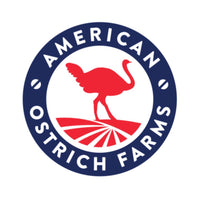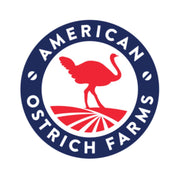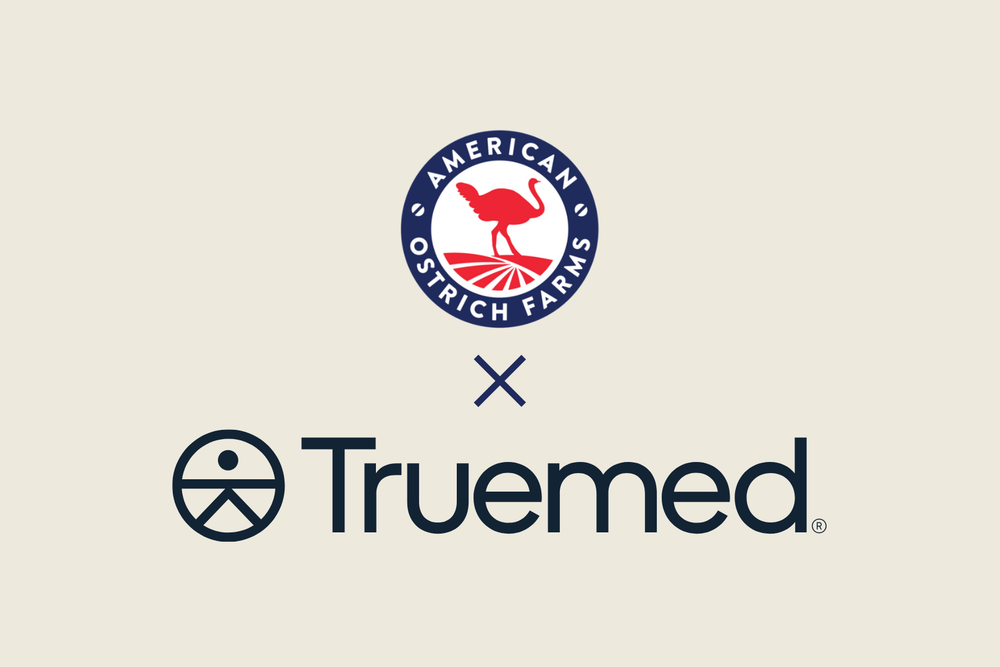As the world’s population continues to grow, so does the demand for food. Food needs are expected to nearly double by 2050, according to a study published in Agricultural Economics. This dramatic increase in food demand puts tremendous pressure on the agricultural industry to develop sustainable and efficient strategies to increase output.
Rising food demand and changes in technology, policies, planning, and consumer habits continuously shape the future of the agriculture industry. Review the information below to learn more about how these changes may force the industry to evolve and what agriculture could look like in the future.
TECHNOLOGICAL INNOVATION
Technological advancement affects all industries, including agriculture. The future of the agriculture industry is being molded by advancements in technology that allow farmers to do their job more quickly, efficiently, and with calculated results. The most revolutionary innovations include smart farming and GMOs.
SMART FARMING
Gone are the days when farmers simply used a till and an almanac to plan and plant their crops. Smart farming has become a way that most agricultural businesses plan, plant, and harvest. This type of farming allows workers to use data, sensors, computers, and other technologies to make informed business decisions based on accurate information and recorded patterns.
Different agricultural businesses adapt their own systems and integrate technology to make their processes more streamlined and predictable. Some of the technological advancements that smart farmers use include:
- GPS tracking: Farmers use GPS devices to track the movements of their equipment, animals, and crop planting. This allows them to make informed decisions on when animals or crops need attention or are ready for harvest.
- Drones: With aerial views of their land provided by drones, farmers find it easier to plan their crops, keep track of herd movement, and analyze the health of their harvest.
- The Internet of Things (IoT): The IoT refers to several technological devices that communicate with each other to record data. With accurate and comprehensive data, farmers have access to updated information on the health and longevity of their crops, profits, and losses. IoT sensors can monitor the use of resources like water, fertilizer, or even patterns of sun exposure and weather to precision-tune production techniques and minimize waste.
- Robotics: Simple, repetitive processes including weeding, planting, and harvesting, can be automated with the help of robotics, helping farmers save time and money on staffing needs. These procedures are also completed more uniformly and efficiently. Where tasks cannot be fully automated, robotics may augment human workers to improve efficiency or to integrate IoT systems for better monitoring and coordination.
GMOs
Farmers in the agricultural industry are turning to genetically modified organisms (GMOs) to create a more reliable and inexpensive crop. Plants that have been genetically modified are bred with specific goals in mind. These seeds may have been modified to produce:
- Bigger or heartier crop.
- More flavorful crop.
- A crop that will automatically reproduce.
- A crop that is resistant to insects and pests.
With GMOs, farmers may not have to invest in additional seed or may be able to completely skip planting for a season while still maintaining their harvest. Since some GMO plants are bred to resist pests, farmers using this modified seed may be able to reduce the number of pesticides they use, saving them time and money. There is also research that indicates some GMO plants may require less water. As the population grows and increases demands on the food supply, GMO crops may prove essential to providing global food security.
Unfortunately, some GMOs can present serious hazards, many of which are not yet fully understood. Along with breeding crops that require less water or which are naturally disease and pest-resistant, some GMO crops are instead being created specifically to be resistant to common herbicides or more tolerant of heavy pesticide use — resulting in the increased use of these chemical treatments in the food supply. While research into the full impact of these trends is ongoing, the future of clean and sustainable agriculture must account for more responsible use of chemicals, and prioritizing natural solutions or alternatives where possible to protect the integrity of the food supply.
AGROECOLOGICAL AND SUSTAINABLE AGRICULTURE
Agroecology farmers practice sustainable farming tactics that focus on protecting natural resources and land while yielding as much crop as possible. Small and local farms generally use agroecological practices to ensure they protect their land and the environment while producing natural, organic, and sustainable crops.
Consumers are becoming more concerned with the meats they’re eating and how they’re raised. Farmers who are focused on agroecology and sustainable agriculture will attract more consumers when they practice healthy practices.
The emphasis many consumers place on sustainability forces farmers to evaluate their practices. Consumers are also paying close attention to how their food choices impact the environment.
For example, ostrich meat is starting to become more mainstream because it can be raised without nearly as many carbon emissions as other meats, such as beef. The two primary things that enable this low carbon footprint are: 1) ostriches don't burp or flatulate toxic methane gas; and 2) the amount of feed an animal consumes is the largest contributor to their environmental footprint, and ostriches - like all birds, due simply to their biology - are much more efficient converters of feed into weight gain.
Like all birds, ostriches lay eggs, which, when effectively grown, enable significantly higher rates of reproduction than mammalian livestock, like cows. Beyond the red meat, Ostrich oil is a valuable byproduct and a critical ingredient in premium cosmetics and soaps, allowing a single farm to produce diverse food products as well as beauty care products.
DISTRIBUTED FODO PRODUCTION
An increasing number of consumers are beginning to see the value in purchasing ethically and sustainably sourced food. This is supported by decentralizing centralized production centers and increasing distributed, small farms, and integrating more producers into the supply chain in more locations. As diversity and overall interest in the food production system grows, consumers gain more opportunities to learn about producers and feel a closer connection to their food, something more and more consumers are looking for.
In December 2018, 46% of consumers polled in a Nielsen rating were socially aware of the importance of buying local. Other growing food production issues of importance to consumers include suspect agricultural techniques (pesticide and herbicide use on crops; and treatment, handling, and antibiotic use on animals), and concerns about waste along the many links of the food production and distribution value chain.
The farm-to-table connection is strengthened when consumers — either in restaurants, at grocery stores, or perusing the local farmers market — know where their food came from.
Distributed food production — especially due to the COVID-19 pandemic — has also become an important practice in the agriculture industry. With stronger hurricanes, flooding, and natural disasters threatening many areas of the country, agricultural production must become more geographically diverse. The concentration of food production and processing into a handful of giant corporations has been exposed as a major national security problem and we need to make changes to our food system to ensure that our food supply isn’t threatened or halted due to a singular catastrophic event.
POLICIES AND PLANNING
The future of the agricultural industry is changing rapidly, like many other modern industries. To implement these progressive changes fairly and justly, new policies must be implemented as the result of extensive planning.
RISING GLOBAL DEMAND FOR FOOD
The rising demand for food has made it essential for the agricultural industry to increase production. With this increasing demand, many agricultural businesses have cut corners — such as adopting inhumane livestock practices and unhealthy farming habits — to increase production and efficiency. To say nothing of the animals and the farmers, this undoubtedly has negative effects on consumers and the environment.
Small scale farmers have traditionally been generally more focused on sustainability and humane practices but larger agricultural businesses are steamrolling these small farms and taking over the industry with ever larger facilities in the never-ending pursuit of efficiency gains. Farm bankruptcies in the Northwest increased by 50% from July 2018 to June 2019 and increased by 12% in the Midwest, according to Time Magazine.
Small farmers desperately seek out loans to save their family businesses, only to be met with unfair repayment plans and high interest rates. Government policies punish these small farms with taxes and other policies that make it ever more difficult to survive in a modernizing agriculture sector.
ENSURING FOOD SECURITY
The rising population, increased demand for food (protein, in particular), and unsustainable practices of large agricultural businesses also threaten global food security. Most food insecure citizens reside in Sub-Saharan African countries, according to the USDA’s Economic Research Service. However, many households around the world struggle to afford enough food for their families.
Consumers are becoming more attracted to small, local farmers who focus on sustainability and humane practices. However, recent government policies and an increase in food demand may offer the right environment for agricultural corporations to thrive. By focusing on how to grow and evolve with consumer demands, the agricultural industry can help secure a firm place in the future of our food systems while adapting the progressive changes necessary to remain essential.






